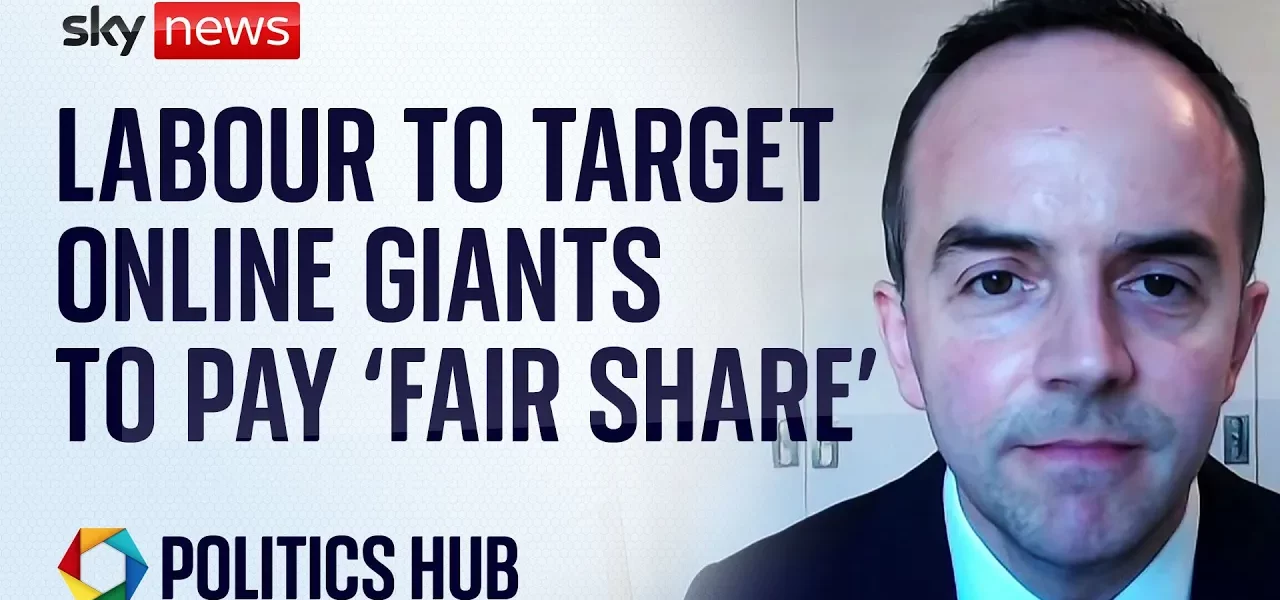Current Events in Gaza and Domestic Politics on Business Rates

This article delves into the recent developments in Gaza, focusing on the rescue of hostages and the urgent need for a ceasefire. It also explores the proposed reforms in domestic politics regarding business rates, aiming to support high street businesses against online giants.
Introduction
The ongoing conflict in Gaza continues to dominate headlines, particularly as the situation for innocent civilians deteriorates. Recent news regarding the rescue of hostages has sparked discussions about the broader implications for peace and humanitarian aid in the region. Concurrently, in UK domestic politics, there is a pressing debate surrounding business rates and the need for reform to ensure that high street businesses remain viable in the face of competition from online retailers. This article examines these critical issues in detail.
The Situation in Gaza
The humanitarian crisis in Gaza has reached alarming levels. Tens of thousands of innocent civilians have been killed, prompting calls for an immediate ceasefire and the release of all hostages. The need for urgent aid is paramount, and the international community is watching closely.
Hostage Situation and Ceasefire Demands
The recent news of four hostages being rescued brings a glimmer of hope amid the chaos. However, it underscores the necessity for a comprehensive ceasefire to facilitate the safe release of all remaining hostages and ensure humanitarian aid can reach those in desperate need.
Humanitarian Aid Challenges
The delivery of aid into Gaza is impeded by ongoing hostilities. Immediate actions are required to establish safe corridors for aid distribution, ensuring that essential supplies reach the affected population. The international community must work collaboratively to address these challenges.
Domestic Politics: Overhauling Business Rates
As the situation in Gaza evolves, domestic political issues such as business rates reform are garnering attention. The current system has been criticized for disproportionately burdening high street businesses while allowing online giants to thrive with less taxation.
The Need for Reform
High streets play a crucial role in the economic and social fabric of communities. Small businesses, cafes, and local shops contribute significantly to local economies, yet they face steep business rates compared to their online counterparts. The proposed reforms aim to address these discrepancies.
Proposed Changes to Business Rates
The envisioned overhaul seeks to:
- Rebalance the tax burden away from high street businesses.
- Implement a fair taxation system for online retailers.
- Create a level playing field that supports local economies.
- Encourage the growth and sustainability of small businesses.
Challenges and Considerations
While the idea of introducing an “Amazon tax” is popular, concerns regarding the potential impact on international trade and relations must be considered. Past attempts to impose significant taxes on tech companies faced backlash and were ultimately retracted.
Future Implications for UK-EU Relations
In the context of domestic politics, discussions surrounding the UK’s relationship with the European Union have resurfaced. Clarity is needed regarding any potential payments to the EU budget and how the UK will navigate its post-Brexit landscape.
Clear Red Lines for Labor Government
The Labour Party has stated its position on key issues related to the EU:
- No rejoining of the Single Market.
- No return to the Customs Union.
- No reinstatement of freedom of movement.
These red lines aim to reassure the public that the government will not backtrack on Brexit commitments while seeking to improve economic conditions through pragmatic engagement with the EU.
Enhancing Economic Relations
Despite these red lines, there remains a desire to enhance certain economic relations with the EU, focusing on:
- Reducing trade frictions.
- Mutual recognition of qualifications.
- Strengthening economic ties where beneficial.
The goal is to foster an environment that supports economic growth while respecting the boundaries set by Brexit.
Conclusion
In conclusion, the urgent need for a ceasefire in Gaza and the rescue of hostages highlight the complex humanitarian issues at play. Simultaneously, the discussion around reforming business rates in the UK is crucial for supporting high street businesses against online competition. As political leaders navigate these challenges, it is essential to prioritize both humanitarian needs and economic sustainability for local communities.
For further insights into these pressing issues, consider reading our related articles on Gaza’s Humanitarian Crisis and Business Rates Reform in the UK.
“`




